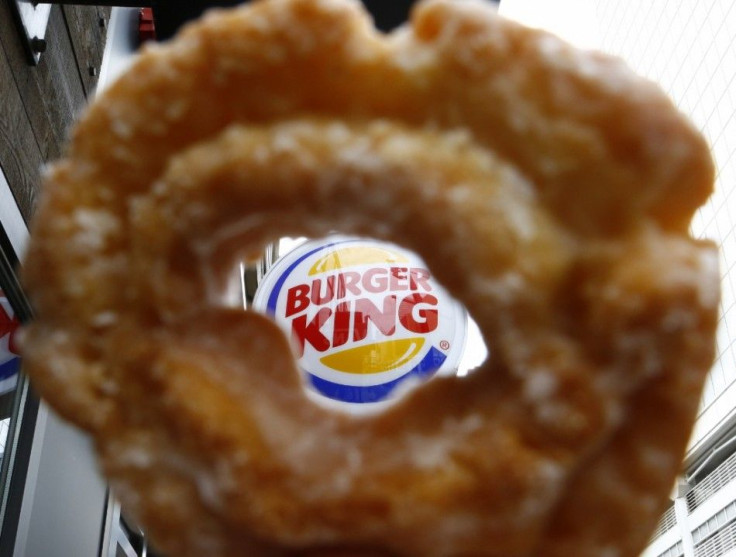Burger King, Tim Hortons Merger Still On Go Despite The New US Tax Rules, $2.25B Worth of Notes Issued To Fund Purchase

Burger King has issued $2.25 billion worth of notes to help it gather funds that will aid its $11 billion purchase of coffee-and-doughnut chain Tim Hortons, in what looked to be a direct contention to a new tax deal crackdown set in motion by the U.S. Treasury Department.
Citing unidentified sources, Bloomberg reported the second-lien notes that will mature in April 2022 were sold by the fast-food company at a yield of 6 per cent.
The Treasury Department, just last Monday, said that it will work on schemes to reduce the economic benefits of corporate inversions and possibly stop its application altogether. Inversions usually happen when companies try to avoid massive U.S. taxes.
Fitch Ratings, however, believed the crackdown will bear no implications to its plan to acquire Canada's Tim Hortons.
Among the Treasury Department's new rules state that former owners of the U.S. company should own no more than 80 per cent of the new combined entity. Intercompany loans, or "hopscotch loans," as well as foreign undistributed earnings, regardless of the new combined entity, may be taxed.
But Burger King is only set to control 51 per cent of the new Canada-based firm that would manage the merger. Moreover, its shareholders will only own 27 per cent of the company, while Tim Hortons shareholders, 22 per cent.
That alone already complies to the Treasury Department's new less-than-80-per cent rule, Fitch Ratings pointed out in a report released earlier.
As to the hopscotch loans between Burger King and its new Canadian parent, Fitch believed Tim Hortons' cash flow is enough to cover the $9 billion debt that would partially fund the transaction.
The proposed merger, Fitch said, "has good strategic merit and though the near-term credit impact is negative, expects both parties to benefit from increased efficiencies of scale, brand diversification and multiple levers for future growth."
Tim Hortons, which has also strongly advocated moving forward with the merger plan, was reported to have launched a hiring campaign to entice Canadians to apply at their local outlets. It targets to employ 5,000 individuals to join the company's restaurant team in Canada.





















